Interest rising from SE Asian destinations
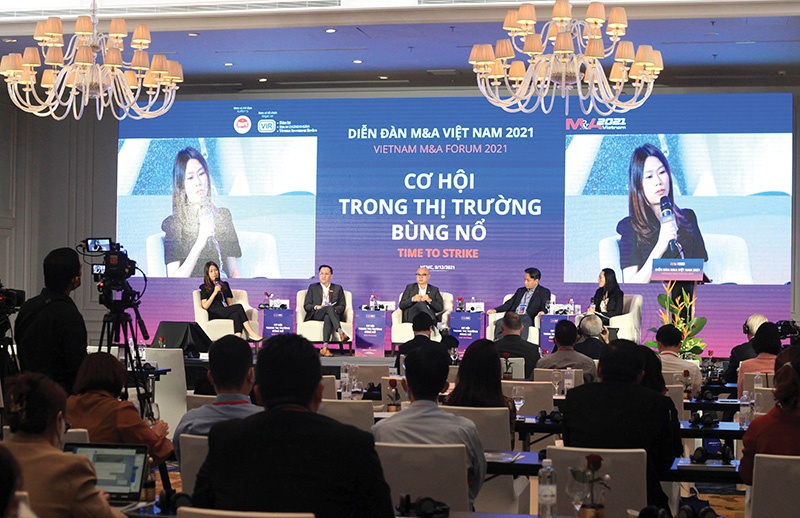 |
| Business leaders and experts believe more M&A prospects will flow into Vietnam next year. Photo: Le Toan |
Thailand-based Banpu Power Pcl. last week announced that it has entered into a sale and purchase agreement through BRE Singapore Pte. Ltd. for the acquisition of Ha Tinh Solar Power JSC in a deal worth $23.9 million. The deal is part of its efforts to expand its renewable energy business in Vietnam. Ha Tinh Solar Power currently operates a 50-MW solar farm in the central province of Ha Tinh.
Kirana Limpaphayom, chief executive of Banpu Power said, “It is our first investment in a solar power facility in Vietnam, a strategic country where we operate wind power business. Vietnam also has high energy demand and clear state policies to support renewable energy.”
In 2020, Banpu also spent $66 million acquiring the El Wind Mui Dinh Wind Farm in the south-central province of Ninh Thuan. El Wind Mui Dinh comprises of 16 wind turbines, each of which has a generation capacity of 2.35MW from wind at an average speed of 6.6 metres per second.
Likewise, Singapore’s Mapletree Logistics Trust is acquiring 3 Grade-A logistics properties in Vietnam at a value of $94.9 million. The properties are located in Bac Ninh province in the north and Binh Duong province in the south.
According to Mapletree Logistics Trust, Vietnam is a beneficiary of the structural trend of supply chain diversification. The country’s competitive costs and attractive investment environment have made it an ideal location for investors seeking to reduce costs and diversify supply chains as part of their strategy to build supply chain resiliency. The strong inflow of foreign investment and manufacturing projects will continue to underpin and drive the demand for logistics space.
Seck Yee Chung, partner at Baker McKenzie, said, “Investors from Thailand and Singapore have actively participated in acquiring Vietnam-based companies. In 2020, Thai investment in Vietnam grew to double that of 2019, making Thailand one of the nine biggest investors in Vietnam. In addition to the retail and consumer sectors, Thai businesses have, in recent years, diversified their investment portfolio, expanding to manufacturing, processing and renewable energy sectors in Vietnam.”
For example, Siam Cement Group had acquired several leading packaging and construction materials companies in Vietnam. As for clean energy, Super Energy Corporation has acquired four solar farm projects in Vietnam with a projected fund of $457 million, despite the prolonged impact of the pandemic in the country.
For many years, Singapore has been ranked among the top three sources of foreign investment in Vietnam. In the third quarter of 2021, merger and acquisition (M&A) volume led by Singapore saw a 50 per cent year-on-year increase. Prior to the pandemic, Singaporean investors injected capital in various sectors in Vietnam, including real estate, manufacturing, industrial zones, logistics and infrastructure, and energy.
At the beginning of 2021, Boustead Projects agreed to acquire 49 per cent shares in Vietnam industrial properties located in Bac Ninh.
In June, Singapore’s state-owned investment company Temasek Holdings indirectly acquired a minority stake in Vinhomes for a total value of $650 million, in a consortium led by private equity firm KKR.
Temasek Holdings is very active in Vietnam’s M&A scene. The number of Temasek-involved deals has increased in Vietnam, with some high-profile names like Masan, VNG, and Scommerce.
Eddy Jetjirawat, managing director for Southeast Asia at Temasek said, “Vietnam remains a focus for us in Southeast Asia. We are encouraged to see the capital market deepening with increasing liquidity and more companies listed. We have the flexibility to invest in both private and publicly listed companies.”
He noted that there are increasing opportunities aligned with digitalisation. “Temasek’s investments in VNG and Scommerce are aligned to this trend, and we continue to look for emerging champions in the digital economy,” he said.
“We also look for businesses that cater to the changing needs of Vietnamese people, particularly in consumer retail, financial services, and healthcare sectors,” Jetjirawat added.
| Nguyen Thai Phien - Deputy CEO, NovaGroup
NovaGroup’s ecosystem is being perfected, in which the major pillar – Novaland – is centred on real estate which has created a momentum in the market. Meanwhile, Nova Consumer Group specialises in veterinary, vaccine, and animal feed production. Our Feed-Farm-Food value chain is being increasingly improved upon, focusing on material development and the production of essential consumer goods like sausages, rice, tea, and coffee. Our third pillar, Nova Services Group, has been operating in the trade and services with an inclusive ecosystem, providing world-class, value-added products and services to customers and tourism venues developed by Novaland. In its development trajectory, NovaGroup is set to grow into a major economic group. M&A would be an efficient tool helping our group to perfect this development vision. Warrick Cleine - Chairman cum CEO, KPMG Vietnam and Cambodia
Over the last three years, local investors have played a more active role in driving M&A activities. Key motivations are to enlarge market share, tap into new markets and industries, and form a synergistic relationship. Deal volume has doubled while the aggregate transaction value increased more than threefold to nearly $1 billion. M&A is becoming a favoured option to quickly gain access to new business areas, capture a bigger market share, and onboard talents and expertise. More investment opportunities offer a broader range of companies and at more attractive entry valuations. For Japanese investors, target sectors would be financial, IT, healthcare, consumer, and service. For South Korean investors, targets would be e-commerce, fintech, and logistics. An emerging investor recently is China, with increasing interest in the Vietnamese market. Le Khanh Lam - Chairman, RSM Vietnam
Many deals have been conducted between domestic investors because they are not limited by distance and access to information. On the regional and international scale, due to the lockdowns and difficulties in accessing information, investors were more cautious and needed more time to make a final decision. There are two groups of investors. Those who participate in the purchase of shares with a small amount and value can make decisions faster. But those who take on large-scale transactions are more cautious, and it takes more time for both sellers and buyers to decide. Southeast Asia is still a low-lying area for investment. Therefore, Vietnam is still a country with many opportunities. Large-scale domestic investors have formed strategic trade relationships with external partners, so they can arrange capital in different ways, such as by issuing bonds or borrowing from outside. Angus Liew - General director, Gamuda Land (HCMC)
Foreign investors are excited about Vietnam’s M&A environment due to the positive growth rate of the economy, which makes the investment environment very competitive. We have successfully built and developed two townships in Hanoi and Ho Chi Minh City and will continue to pursue the M&A strategy so that we can establish large-scale real estate projects. During the last two years, many deals had been cancelled. However, by the end of 2021, M&A has prospered and is now on the way to recovery. Many foreign investors have prepared steps to close their deals in Vietnam. Completing deals during the ongoing pandemic has been very tough, and many deals had to be concluded via online platforms. Therefore, we will need more time to finish deals, which may affect the investment returns by prolonging the negotiation process. Truong An Duong - General manager of Residential Frasers Property Vietnam
Understanding the law, patience, and a high discipline from staff are critical factors for Frasers Property Vietnam to take in M&A deals. Frasers Property Group owns more than $40 billion worth of assets and has recorded around $9.3 billion in industrial and logistics assets under management across Singapore, Australia, Germany, the UK, Thailand, and Vietnam. Our Melinh Point office building is Ho Chi Minh City’s first international-standard office building. Our second project is Q2 Thao Dien – a mixed-use development in district 2, encompassing a residential suite, Grade A office space, and an upscale commercial space. In recent years, we have also expanded into the field of industrial real estate. Closing such deals is difficult because land prices in industrial zone are high. We still completed them however, because we have prepared good financial resources and qualified human resources. Thuong Pham - Deputy general director cum financial director, Bamboo Capital Group
Looking back at 2021, Bamboo Capital Group (BCG) succeeded in completing two M&A deals, one in renewable energy with SP group from Singapore and one in insurance with AAA. Buying a nearly 80 per cent stake in AAA was a starting step in expanding our ecosystem. To mobilise capital for transactions, BCG prefers capital from international channels such as South Korea and the US because the interest rates for local loans are not competitive. In 2022, BCG will continue to boost this activity, especially in renewable energy – which is our long-term development plan. During the business trip to Japan led by Prime Minister Pham Minh Chinh, we met Japanese groups to discuss cooperation opportunities. The key factor to creating success for deals is transparency and sharing information quickly between parties. Vo Ha Duyen - Chairwoman, VILAF
M&A activity continues to thrive, and investors with a long-term strategy for the Vietnamese market are still actively looking for opportunities in consumer goods, financial, retail, logistics, and industrial real estate. The current challenges will be removed when the pandemic is gradually controlled. Investors remain optimistic about the prospects for next year. In particular, both businesses and policymakers adapted very quickly to the changes of the pandemic and implemented strategies to facilitate recovery post-pandemic. Digitalisation helps promote M&A activities, and the cloud computing market in Vietnam has grown strongly and is expected to grow at least 15-20 per cent per year in the coming time. Meanwhile, a slew of free trade agreements that Vietnam has signed has come into force, which has provided a big boost. Trinh Quynh Giao - Senior M&A advisor
M&A activities in Vietnam still take place very actively with the participation of domestic and foreign partners, with some Vietnamese businesses partaking in large-scale deals. How to take advantage of opportunities from the market and build a suitable M&A strategy has become a matter of concern for all participants. In addition to being properly prepared, each business needs to build a clear strategy. In any M&A deal, the most important factor is the trust between the buyer and the seller, but the biggest difficulty is the corporate culture. When merging a business, we have two ways, either integrating or applying a new culture. But I think it will not be possible to always find the right answer in this case. All information about the strategy or business plan needs to be transmitted smoothly and clearly to all levels. When everyone understands and looks in the same direction, implementation will be much easier. SECK Yee Chung - Partner, Baker McKenzie
Vietnam has maintained a high level of resilience and sustainable development in every sector. Trade and commerce will continue to grow in the upcoming years. The attractiveness of the business environment in this country stems from its labour supply, education, and technology industries, as well as and the growing middle class. Notably, the tech sector is capturing much attention from foreign investors. The shift in business models from online to offline has significantly altered the landscape of Vietnam’s retail industry. In 2022, the development of 5G, e-wallets, and peer-to-peer technologies will generate M&A prospects for the country. Vietnam already has a Law on Cybersecurity and new regulations related to e-commerce management. In 2022, there will be implications that govern the legal framework of the country’s digital economy. Masataka “Sam” Yoshida - CEO, RECOF Vietnam Co., Ltd
Vietnam is in the top two M&A markets for Japanese investors in ASEAN trailing behind Singapore in terms of value of transactions. In the past, Vietnam was barely among the top three countries due to the difference in the size of enterprises. According to RECOF’s M&A database, Vietnam achieved a deal value of $416 million in 2020, which was almost triple compared to 2017. There was an exceptional deal in 2021 between SMBC Consumer Finance and VP Bank. This deal, together with other transactions, helped Vietnam solidify its position. We can say the interest of Japanese investors towards Vietnam continues to be strong. We usually see Japanese investments in a wide range of sectors in Vietnam, but this year the transactions were rather focused on sectors like consumer finance, IT services, food distribution, and renewable energies like solar, wind, and hydropower. |
What the stars mean:
★ Poor ★ ★ Promising ★★★ Good ★★★★ Very good ★★★★★ Exceptional
Related Contents
Latest News
More News
- VNPAY and NAPAS deepen cooperation on digital payments (February 11, 2026 | 18:21)
- Vietnam financial markets on the rise amid tailwinds (February 11, 2026 | 11:41)
- New tax incentives to benefit startups and SMEs (February 09, 2026 | 17:27)
- VIFC launches aviation finance hub to tap regional market growth (February 06, 2026 | 13:27)
- Vietnam records solid FDI performance in January (February 05, 2026 | 17:11)
- Manufacturing growth remains solid in early 2026 (February 02, 2026 | 15:28)
- EU and Vietnam elevate relations to a comprehensive strategic partnership (January 29, 2026 | 15:22)
- Vietnam to lead trade growth in ASEAN (January 29, 2026 | 15:08)
- Japanese business outlook in Vietnam turns more optimistic (January 28, 2026 | 09:54)
- Foreign leaders extend congratulations to Party General Secretary To Lam (January 25, 2026 | 10:01)

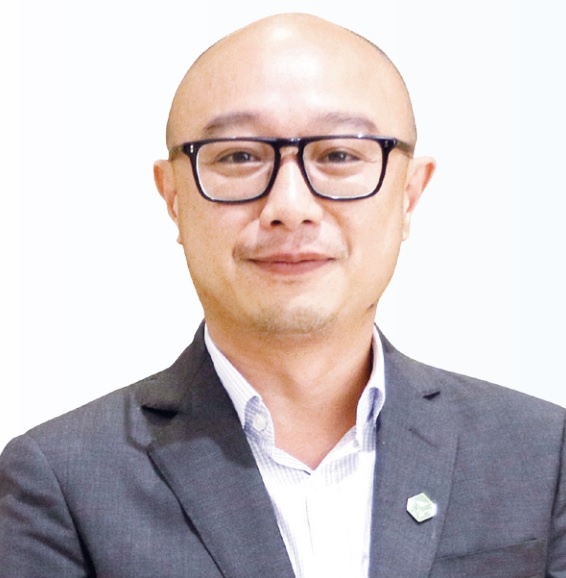
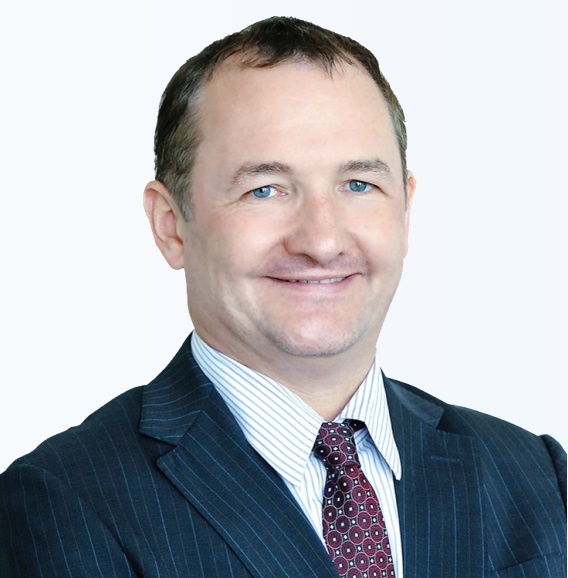
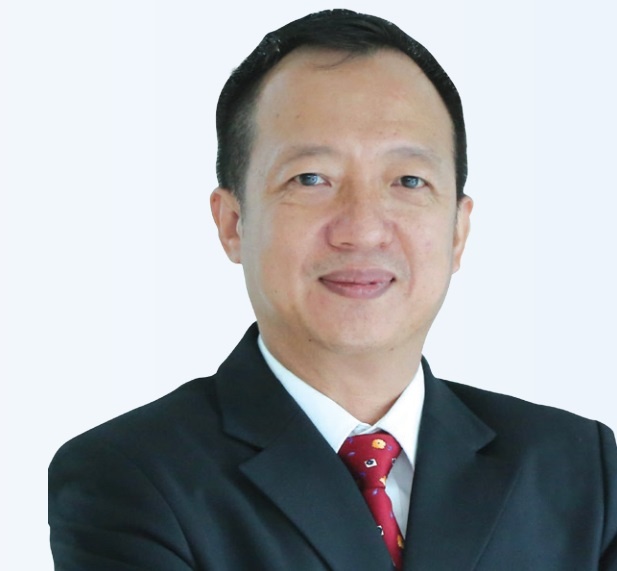

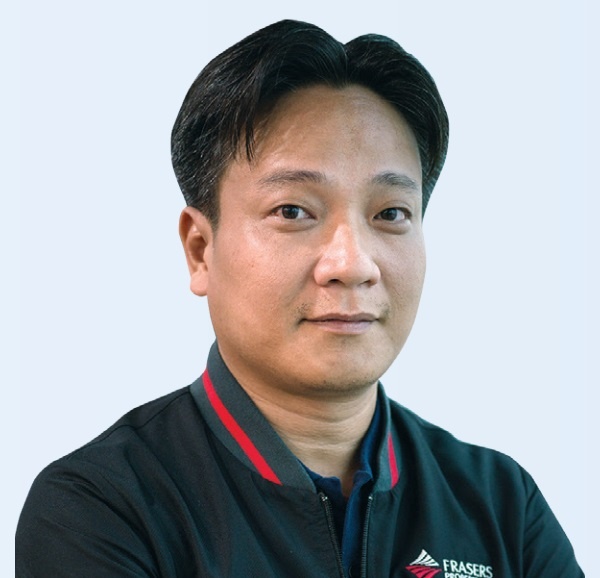



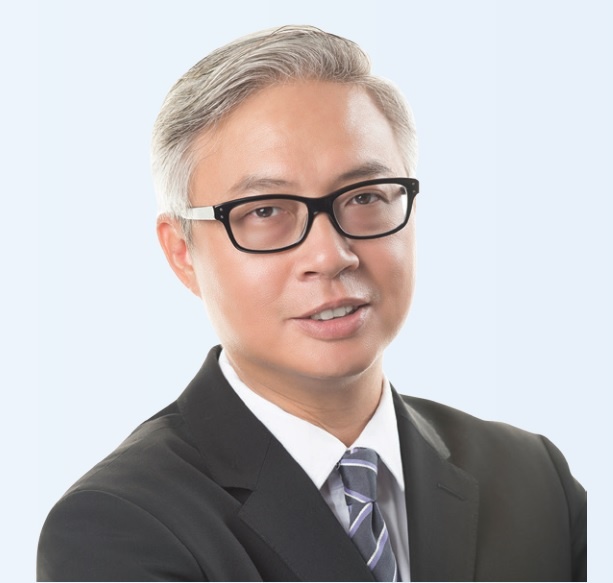
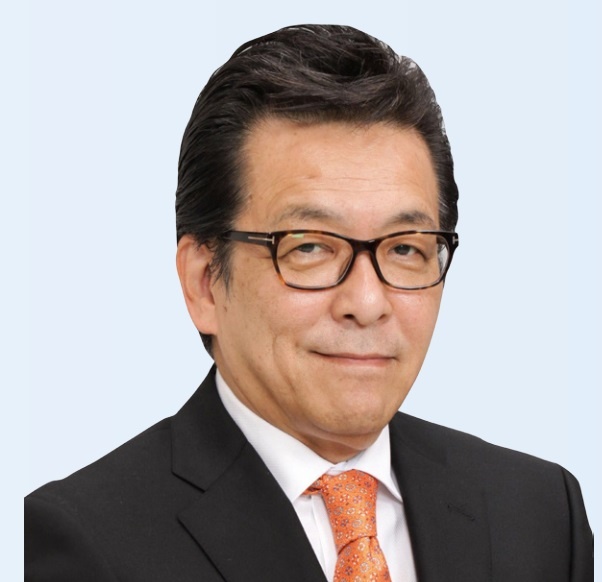
 Tag:
Tag:




















 Mobile Version
Mobile Version